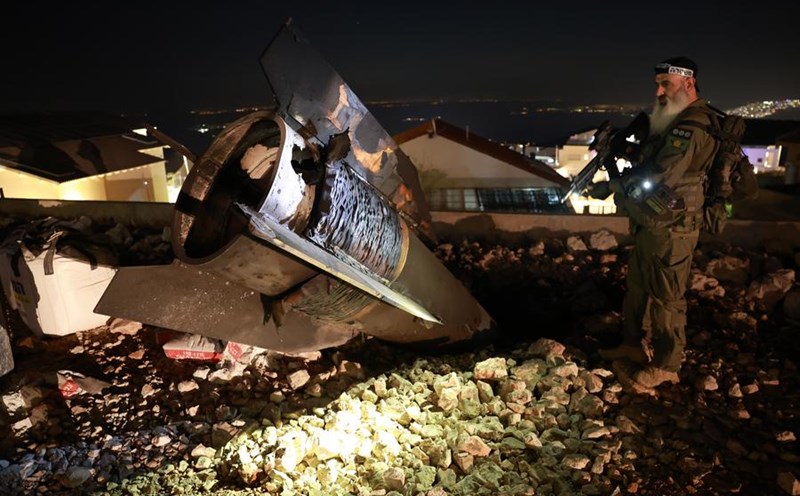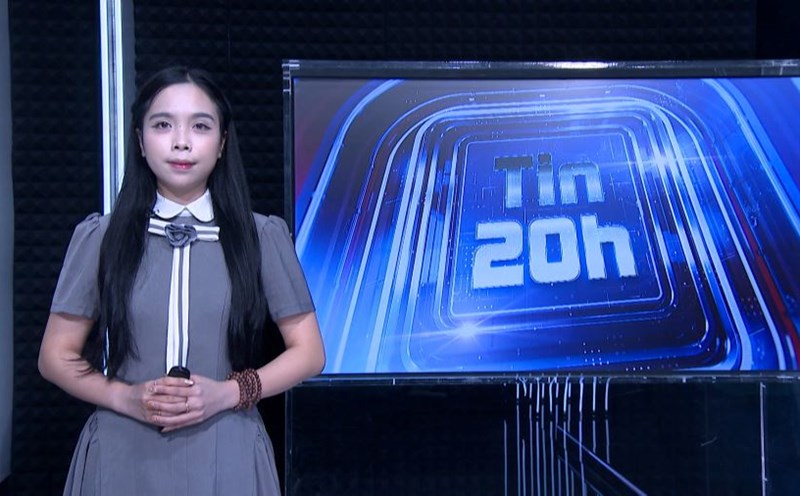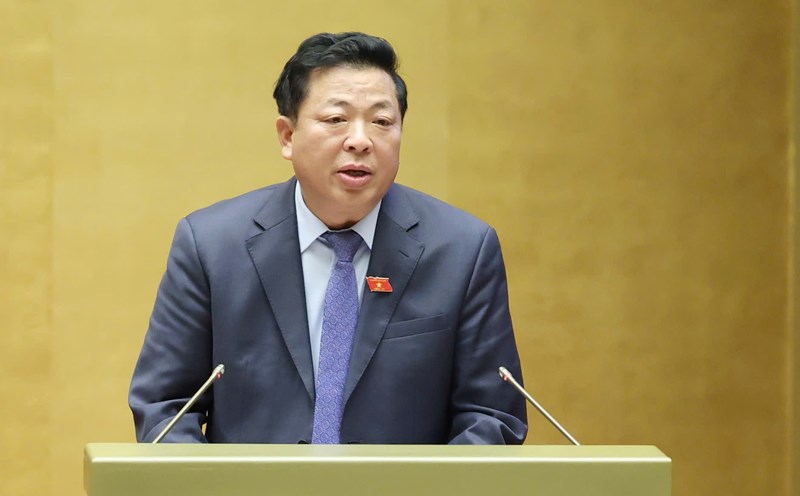On June 17, tensions in the Middle East continued to escalate after US President Donald Trump issued a letter of urgency asking Iran to surrender unconditionally, warning that the US was losing patience as the conflict between Israel and Iran had entered its fifth day.
French President Emmanuel Macron publicly opposed Mr. Trump's ultimatum, and warned that the use of force could push the Middle East into chaos.
Mr. Macron affirmed that although he did not support Iran's possession of nuclear weapons, changing the regime through military attacks would be a serious mistake.
At the G7 summit on June 16 in Canada, Mr. Macron said that President Trump had informed the G7 leaders about promoting a ceasefire between Israel and Iran. However, Trump later completely rejected the argument and denied that leaving the G7 Summit was related to a ceasefire.
The French president also suggested that Iran's nuclear program should be placed under international supervision and its ballistic missile arsenal should be cut. He strongly opposes military attacks on energy infrastructure and civilians.

However, German Chancellor Friedrich Merz's view is in complete contrast to Mr. Macron's stance.
According to Prime Minister Merz, Israel is on behalf of the West carrying out a "difficult mission" and this would not have been successful without the support of the US.
Mr. Merz said that although Israel has caused significant damage to Iran's nuclear program, Tel Aviv would have had a hard time completely destroying Iran's "nuclear fortress" Fordow without Washington's military power.
The facility is built deep in the mountains, where Iran enriches uranium to 60% - very close to the 90% needed to make nuclear weapons.
The German Chancellor said that the decision to attack could be made in the coming time, depending on whether Iran accepts a return to the negotiation table or not.











